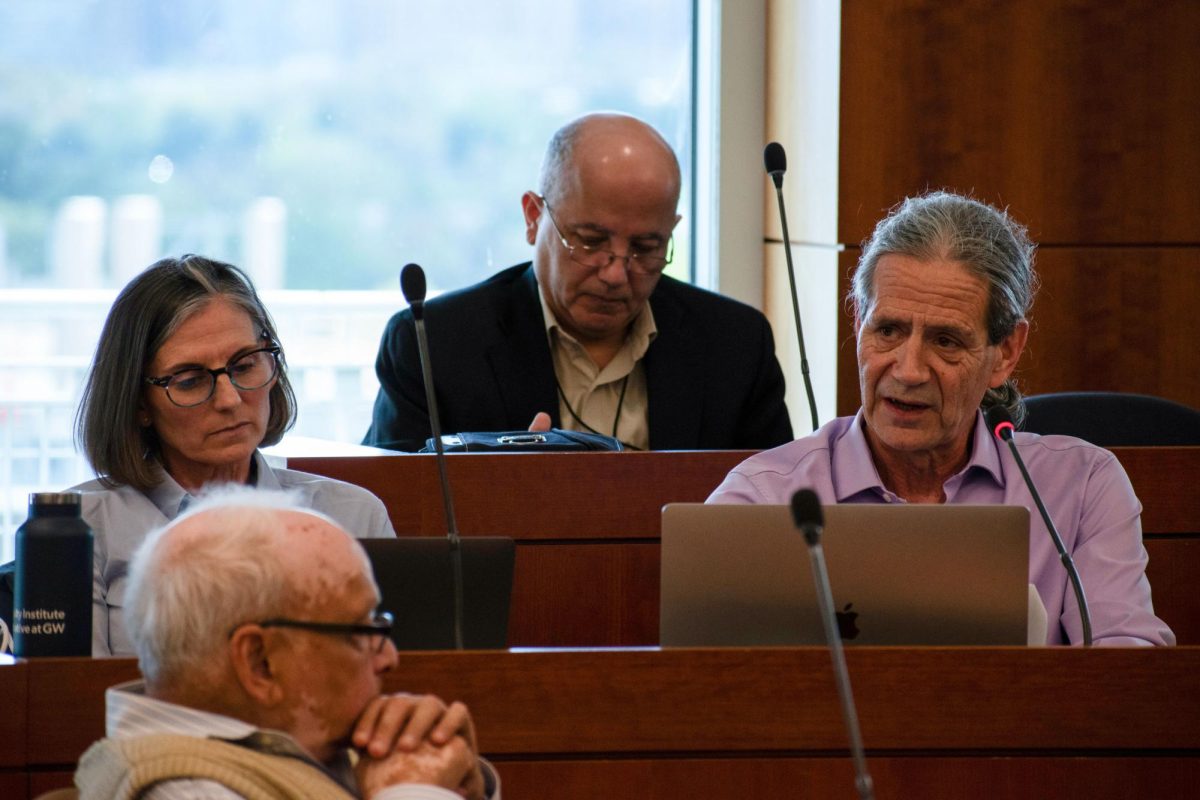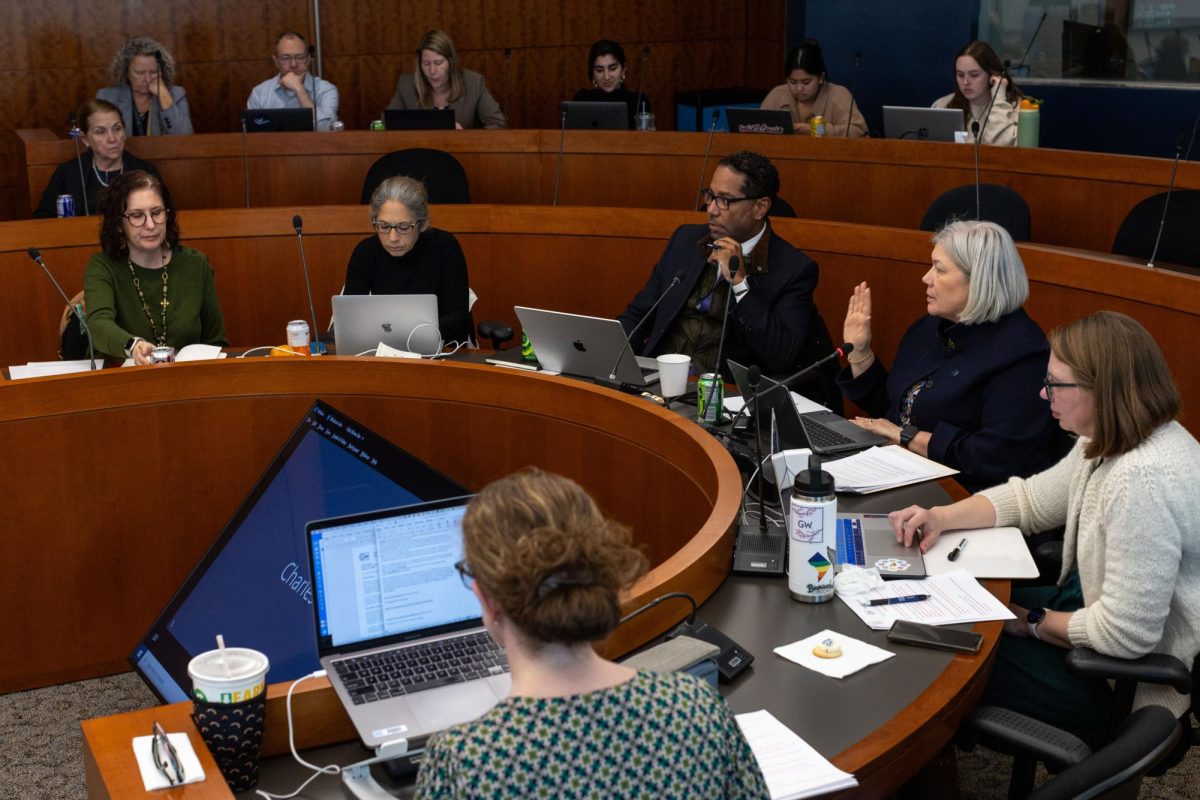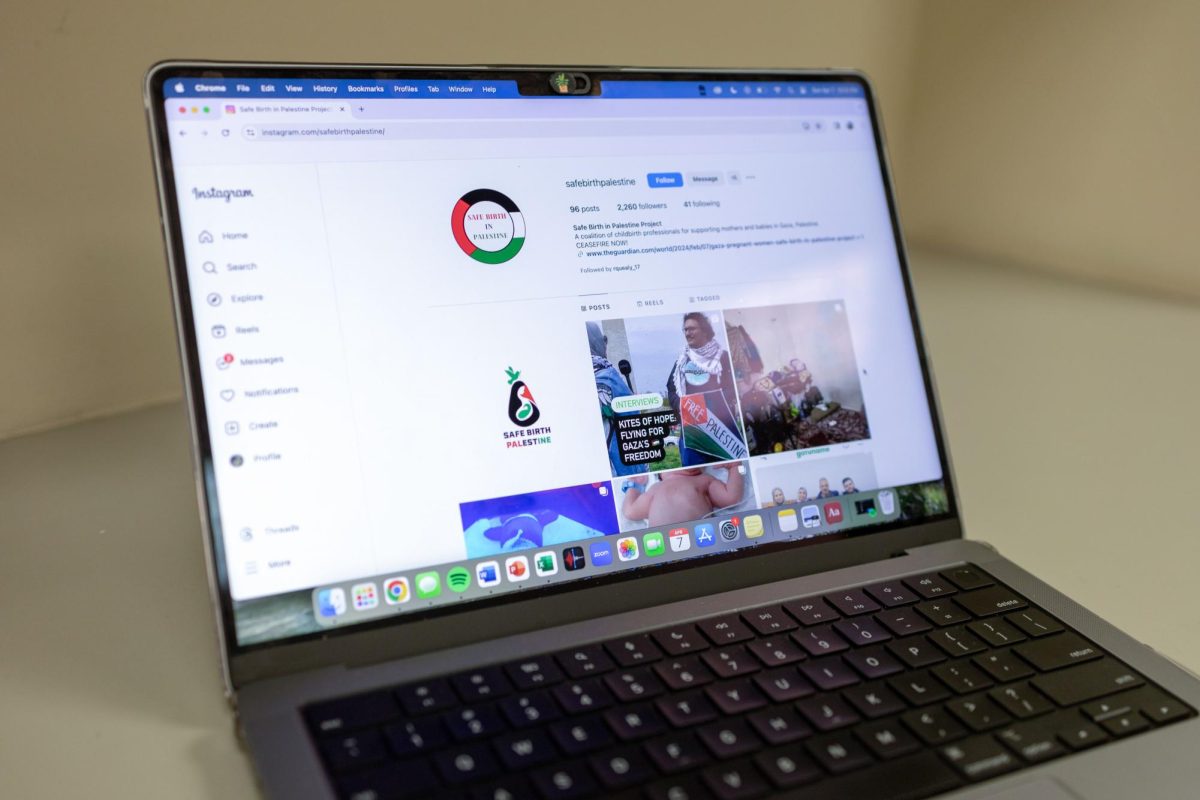A former employee of GW’s Program on Extremism is accusing the program’s director of stifling his academic freedom of speech.
Hassan Hassan, a contributing writer for The Atlantic, tweeted earlier this month that program director Lorenzo Vidino attempted to prevent him from writing a story about the death of journalist Jamal Khashoggi for The Atlantic. He said the director later asked editors at The Atlantic to remove all references to the Program on Extremism in Hassan’s biography at the bottom of an article critical of Saudi Arabia and the United Arab Emirates.
“Even after removing the mention of his center from the bio, he still wanted to scrutinize my Atlantic articles because ‘it takes just a Google search to make the connection even if the affiliation is not spelled out in the article,’” Hassan said. “Immediately I emailed my intent to resign.”
This is one of the last messages Jamal Khashoggi sent to me before his murder.
On the anniversary of his killing, I want to reveal a couple of things related to both the conversation & his death.
This thread involves a UAE newspaper & an American university. And much more: pic.twitter.com/c5KnZGPLAz
— Hassan I. Hassan (@hxhassan) October 2, 2019
Vidino said the program’s leaders disagree with his narrative and dispute the allegation.
“We are aware of Mr. Hassan’s comments,” Vidino said in an email. “We disagree with his characterization of events. Mr. Hassan was a staff researcher for the GW Program on Extremism from September 2018 until he resigned in November 2018. We have no further comment.”
Vidino declined to say why Hassan left his job at the program. He also declined to add any information about Hassan’s work for the program, his stories or his allegations.
Hassan tweeted that Vidino received an “angry” phone call on Hassan’s first day working for the program from a “senior Gulf official” who claimed Hassan had “switched sides” to write critical stories about Saudi Arabia and the United Arab Emirates. He said Vidino refused to give him information about the official’s identity.
Hassan said he encountered problems with the program’s director related to two articles – one on Khashoggi’s death and one critical of the Saudi Arabian and Emirati governments.
Hassan tweeted that the person who connected him to the Program on Extremism originally advised him to talk to Vidino before publishing a story he was writing about Khashoggi’s death, and Vidino “made it clear” he should not write the story. He added that Vidino sent an email to The Atlantic the day after the story criticizing Saudi Arabia and the United Arab Emirates was published, asking for the magazine to remove references to the program in the “problematic” story.
Hassan said Vidino continued to criticize his articles for The Atlantic because audiences could easily “make the connection” between him and the program, which is why he left the program.
Hassan did not return a request for comment.











